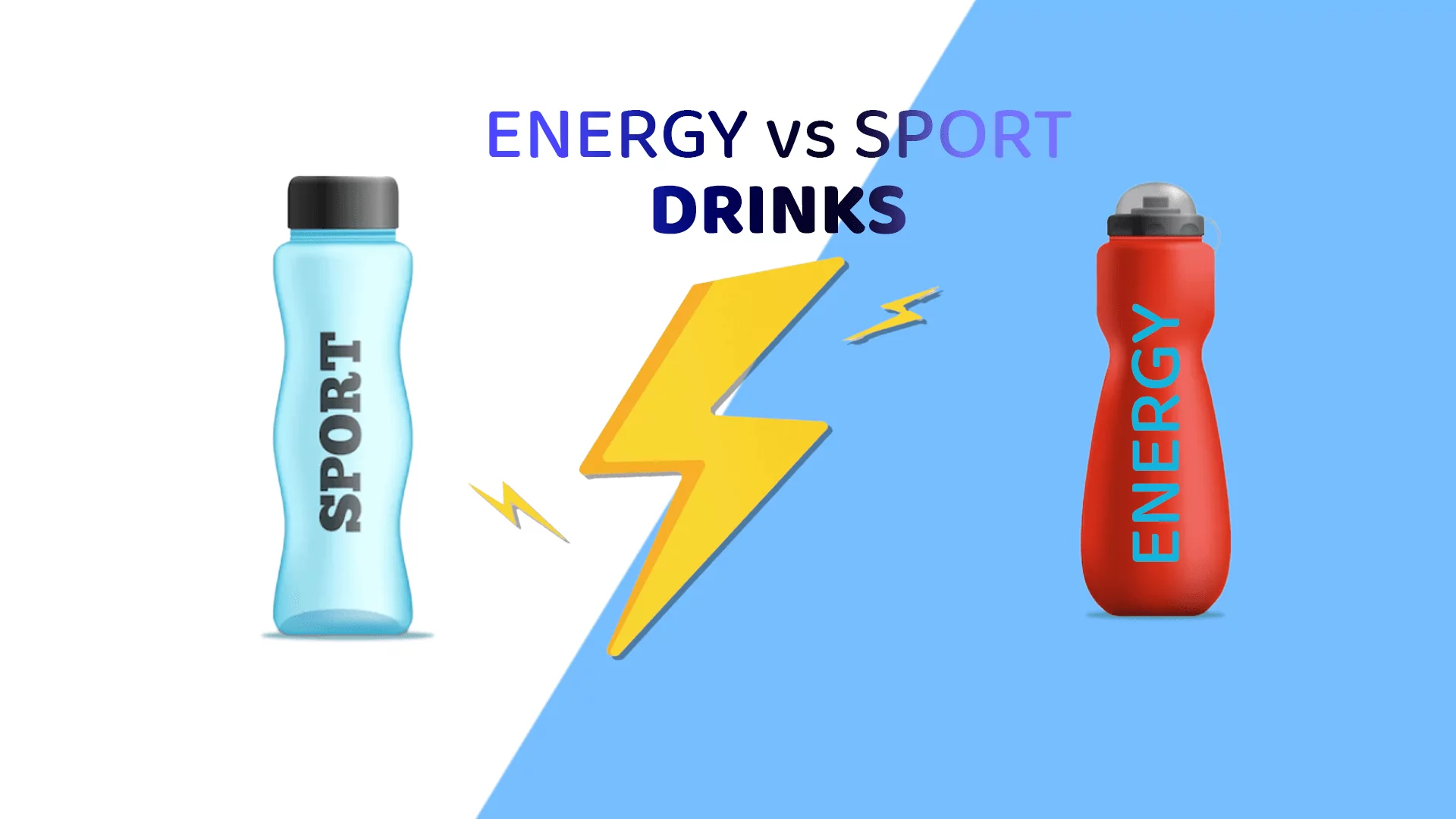Sport and Energy drinks – What is the difference?

There isn’t a difference between sports drinks and energy drinks according to the Food and Drug Administration’s (FDA) classification system. Although these names are used as marketing terms to target sales and attract consumers by beverage companies, consumers should know the difference technically between energy drinks and sports drinks.Sport drinks often contain carbohydrates minerals and electrolytes and sometimes other vitamins and nutrients. This kind of drinks may have some benefit for the young athlete who participates regularly in endurance or high intensity sports when used in addition to plain water for hydration. However, they are not recommended for general consumption or as a substitute for water due to their high calorie, levels of sugar and caffeine.Energy drinks first made their appearance in Europe and Asia in 1960. Since then their consumption has increased exponentially as they have gained in popularity and it has now become a multibillion-dollar industry. Energy drinks also contain stimulants such as caffeine, various amounts of sugar protein, vitamins, sodium and other minerals. Depending on the amount of stimulant in the beverage, there is the risk for physical and health. Therefore, energy drinks are not recommended for children or adolescents and consumers should read the product information before consuming.Sport drinks and energy drinks can be mistaken for the same as they both seem to provide an extra boost of energy. Sport drinks can be divided into three major types: Isotonic, hypertonic and hypotonic. Isotonic has similar salt and sugar concentrations that are present in the human body. Hypotonic sports drinks have lower salt and sugar concentrations than the ones present in the human body. Most drinks are moderately isotonic or somewhere between isotonic and hypertonic. This drink is aimed primarily at athletes or other sports fanatics that run vigorous exercise regimes and lose a lot of electrolytes by sweating.There are many types of energy drinks but basically there are three different types available on the market:
- Vitamin – fortified nutritional beverages
- Mainstream brands
- Healthy and natural energizing sips without added sugars or artificial sweeteners and colors.
Nowadays, consumers are trending to use natural drinks which contain less sugar, less caffeine, less artificial ingredients plus they can have lots of healthy ingredients like: natural fruit juices, which are a source of many essential antioxidants and polyphenols.
Nutritional beverages like the Vinut energy drink are also worth a try since they may help improve your nutrition and increase energy levels naturally over time.Sport and Energy drinks are widely spread not only among athletes but also among ordinary people of different ages. Energy drinks are widely marketed as a product that boosts energy and enhances mental alertness and physical performance. Besides multivitamins, energy drinks are the most common dietary supplement consumed by teenagers and young adults. Besides the benefits, the consumption of energy drinks should also be noted about the recommended daily intake of less than 1000ml. You should also choose products with clear origin and ingredients information on the packaging.


 Juice Concentrate
Juice Concentrate Vegetable juice
Vegetable juice Juice Milk
Juice Milk Stand Up Pouches
Stand Up Pouches









